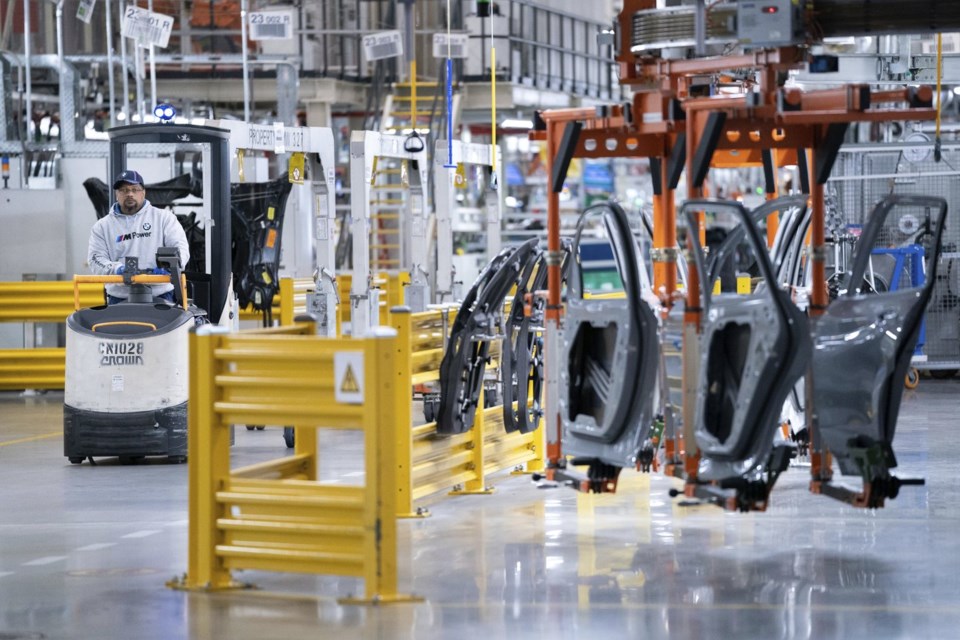WASHINGTON (AP) — Wholesale prices in the United States were unchanged last month in another sign that inflation is returning to something close to normal after years of pressuring America's households in the wake of COVID-19.
The Labor Department reported Friday that its producer price index — which tracks inflation before it hits consumers — didn't move from August to September after rising 0.2% the month before. It rose 1.8% last month from a year earlier, down a tick from a 1.9% year-over-year increase in August. Excluding food and energy prices, which tend to fluctuate from month to month, so-called core wholesale prices rose 0.2% from August and 2.8% from a year earlier, a tick higher than in the previous month.
The wholesale price of services rose modestly but was offset by a drop in the price of goods.
The wholesale inflation data arrives one day after the government said in September from 12 months earlier — the smallest year-over-year rise since February 2021 and far below its four-decade high of 9.1% in mid-2022. Still, with the presidential election less than a month away, many Americans remain unhappy with consumer prices, which remain well above where they were before the inflationary surge began in the spring of 2021.
The steady easing of inflation might be diminishing former President Donald Trump’s political advantage on the economy. In some surveys, Vice President Kamala Harris has with Trump on the issue of who would best handle the economy. Yet most voters still give the economy relatively poor marks, mostly because of the cumulative price increases of the past three years.
Paul Wiseman, The Associated Press



